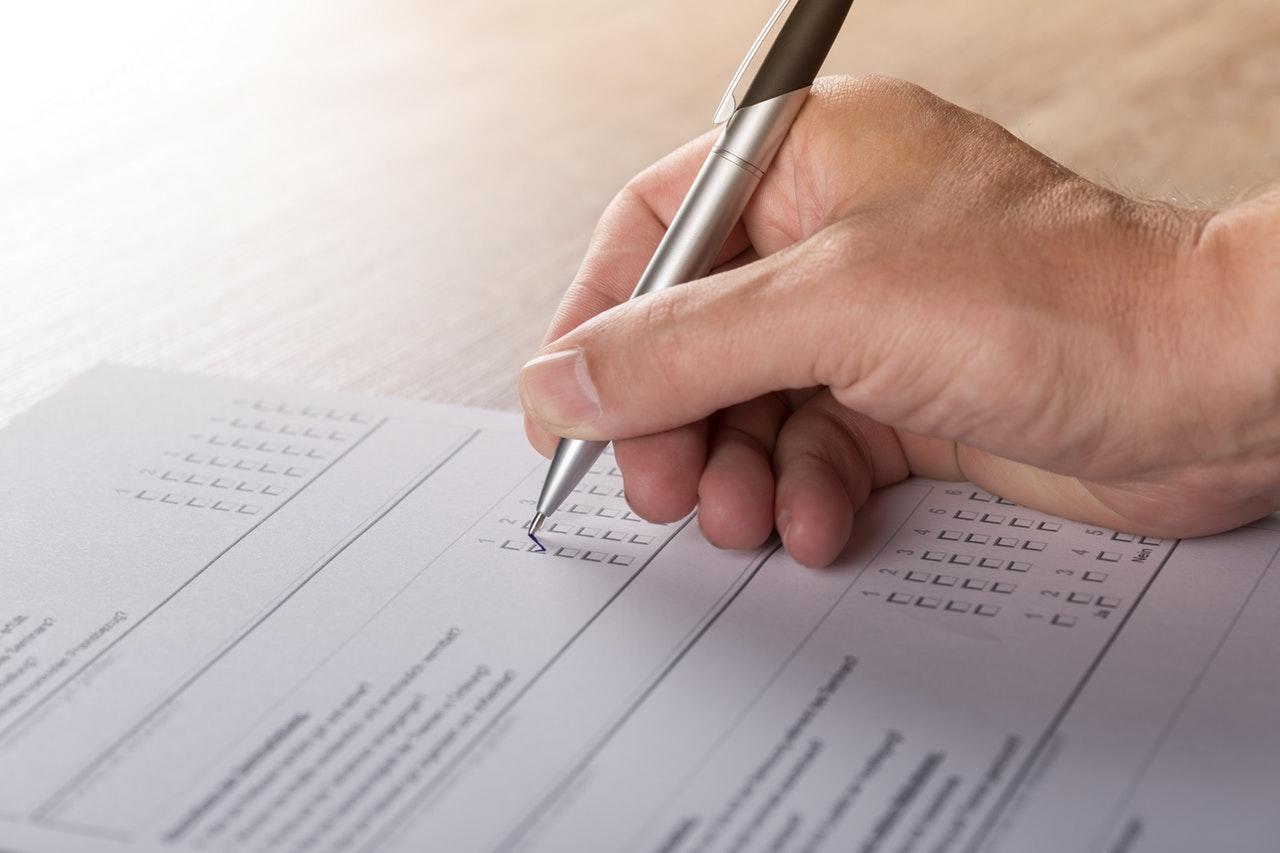As part of your masters program you will have the option to conduct some research of your own. You will have some degree of freedom in both what you decide to conduct your research on and how exactly you go about it.
Your research module will likely be worth 20 credits. This means that it is worth the same as four of your 5 credit modules. If you knuckle down and apply yourself to the research module you can really attain high marks on your course overall. After all, achieving a first-class hons grade in the module will carry significant weight due to the amount of credits.
You might have already completed a dissertation as part of your undergraduate degree. This typically has a lower required word count, somewhere in the region of 8,000 words.
Most masters programmes will actually give students the option to complete a dissertation/ thesis in the region 0f 20,000 words or alternatively, they can decide to complete an applied research project.
The applied research is known as the ‘practicum’ module. This allows students to work alongside a company in their field and solve a real-life problem through their research. This is a great opportunity to build your resume and work alongside an organisation prior to graduating with your degree.
Regardless of what option you decide to go with, you will be required to conduct your own primary research. You will need to decide what mix of research methods you are going to employ, what is an appropriate demographic and how are you going to go about capturing that target audience effectively.
In this article I will run through what you can expect from a masters level research module at university level, and provide you with some tools that might help you in conducting your own primary research.
Take a look at how you can conduct your own research at university.


Selecting your research question
Before you get into the nitty gritty and delve into your research, you will need to decide on a topic that is of interest to you.
Remember that this research will likely run over a three or four month period, if not year long at masters level. If you decide to research a topic that you are not truly invested in, or rush the decision, you will likely run out of motivation throughout the year or find yourself prioritising other work.
You will likely rely on your research in the future in order to convey your interest in the respective topic. Both the dissertation/ thesis and practicum research modules can be a great point to leverage in future interview scenarios.
Afterall, it is a project that you will have spent so long completing and know inside out, so what better talking point to discuss in an interview!
Once you are sure on the topic, you will have to refine this down to a specific area that interests you. You will then need to refine your area of interest down to a specific research question in which you are going to focus your findings around.
Read up on completing an undergraduate dissertation here.
Tools for conducting your research
As part of your masters primary research, you will also be introduced to Scimago. This is an effective research tool which cross examines academic journals and research articles and ranks them on their credibility. This enables you to select journals based on the quarterly or yearly performance, ultimately strengthening the quality of my selected sources.
You will be glad to have learned these critical thinking skills now rather than later as you will begin to realise how important it is to question and think critically about what sources you include but also why you choose to include them.
Being able to search solely for journals which have been peer-reviewed or published in the last 3-5 years or even contain a particular combination of keywords related to your research question will drastically reduce the time that you spend browsing articles.
If you are going to pursue a career in lecturing then you will need to continue your research after you complete your time studying for your masters. Your postgraduate course or PhD will require you to do a great amount of research and data collection. You will gain a lot of information from your academic peers who will be able to guide you through the phd process.
During your phd or postgraduate course, you will spend time helping students with their primary and secondary research. You will need to guide them in their research methods when they are conducting their dissertation.
If you are interested in learning more about applied research projects then click here to read more.


Collecting the Data for your Project
Your primary data collection methods might include conducting surveys and multiple mini groups. To generate in-depth information from interview-based qualitative studies. Verbal fluency, clarity, explicatory and analytical abilities are central components in the process of data collection.
You will use whatever method you decide on to gather in-depth data about the target audience which will inform your secondary research.
A key element of the data collection process involves the selection process of participants which requires the researchers to inform participants of the scope and conceptual framework of the interview.
This data collection process will include a set of guidelines and points of reference in the planning and design stage to ensure reliable and useful data is collected from the interviews.
SPSS and Tableau software can also be used to analyse and statistically represent the data collected.
Mixed Research Methods have a stronger interface than each method on its own, utilising a mixed approach will offset the disadvantages that both qualitative and quantitative have when conducted separately.
The qualitative aspect of your research will help identify context-specific variables, and it will also enhance the interpretation of our quantitative results.
Learning about Sampling and Sample Selection
A key element of the data collection process involves the selection process of participants which requires the researchers to inform participants of the scope and conceptual framework of the interview.
This data collection process will include a set of guidelines and points of reference in the planning and design stage to ensure reliable and useful data is collected from the interviews. SPSS and Tableau software can be used to analyse and statistically represent the data collected.
A sampling technique that you might use in order to gather participants for the mini group could be a technique known as the snowball sampling method which is a technique. This is focused on gathering research subjects through the identification of an initial subject who is then used to provide the names of other participants in the group.
There is a big jump between masters level research than when you were back at secondary level education. Your methodology, study efforts, data collection and research will need to reflect this!
You will need to hold your secondary research to a higher standard at masters level. This means that you will need to spend time looking through academic papers and brushing up on research methods at your university library.
Postgraduate and phd level students will be able to advise you where to find this information and give you some great academic insights. They will have completed this level of research in the past and will give you the research methods, information and data that you can use in your own masters or postgraduate level dissertation.
If you are a masters student that is conducting their own research at university, doing some study on a topic of interest, gathering information and data to use in your findings, then you are likely doing this with a phd or postgraduate course in mind.

Conducting Mini Groups in your Research
Mini groups where some of the participants knew one another can be utilised in order to assist the relaxed, easy-flowing nature of the discussion through Zoom.
Using this technique allows participants to feel comfortable when progressing through the questions, and encouraged discussion throughout without being afraid of interrupting another individual.
It has been shown that participants are more engaged with the discussion topics when in smaller groups as they’re more comfortable in their surroundings, even if they don’t know one another.
NVivo can be used as your qualitative data analysis software for your research as it provides useful functions for mixed methods data. This helps to uncover insights from all participants and also helps to structure your analysis in an organised fashion.
Your masters dissertation will need a great deal of time to be put into the research methodology. At this level, students will also need to spend more time conducting their primary and secondary research. You will need higher calibre information and your data to be from more credible sources.
Remember your masters level dissertation need to have credible information, if you are going to use and site secondary sources then make sure to mention them in the bibliography. A good grade in your higher-level research methods module will help you in your postgraduate, phd and data or research course applications afterwards!
Click here to learn more about research skills and methods.
Summarise with AI:















